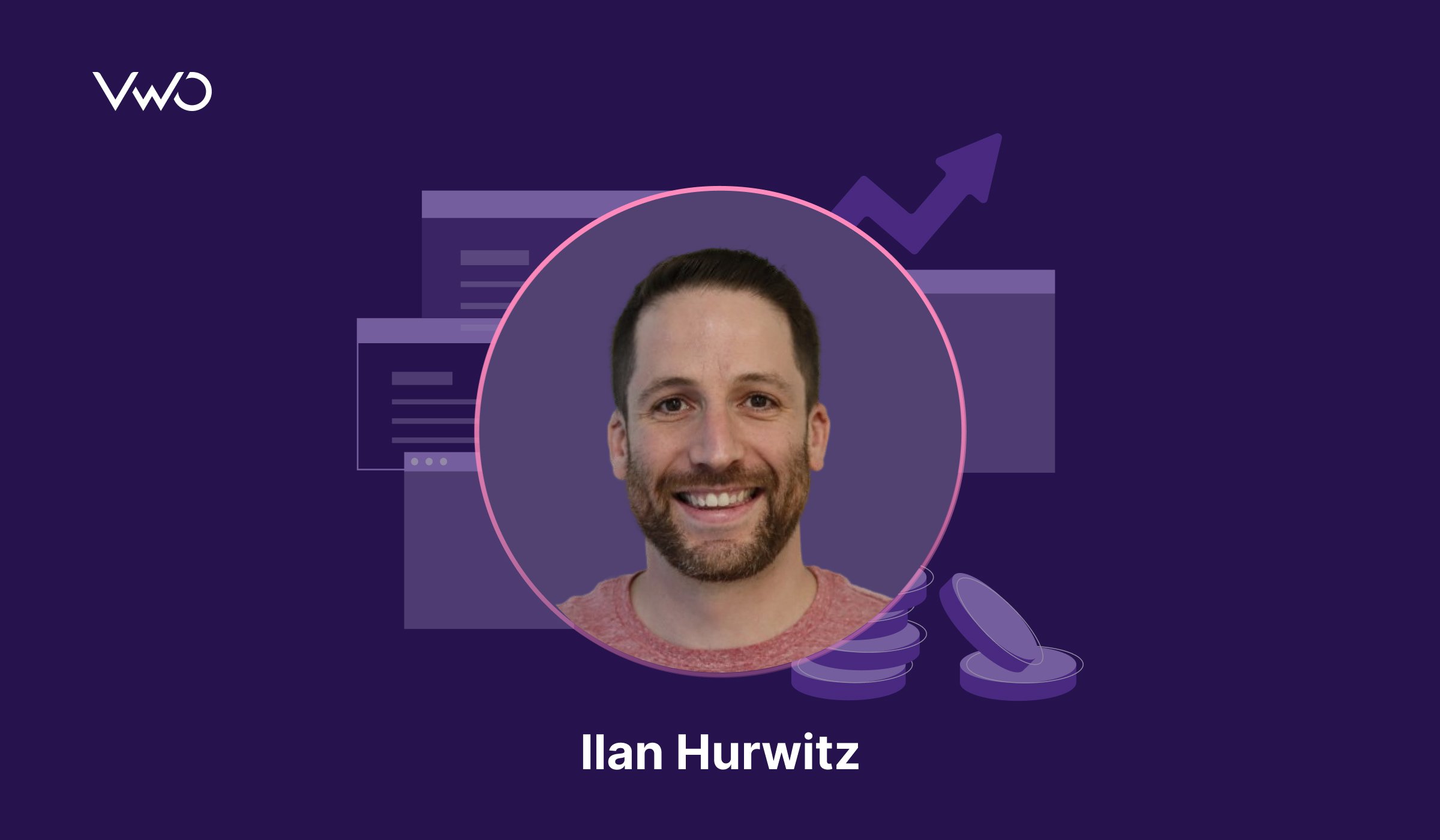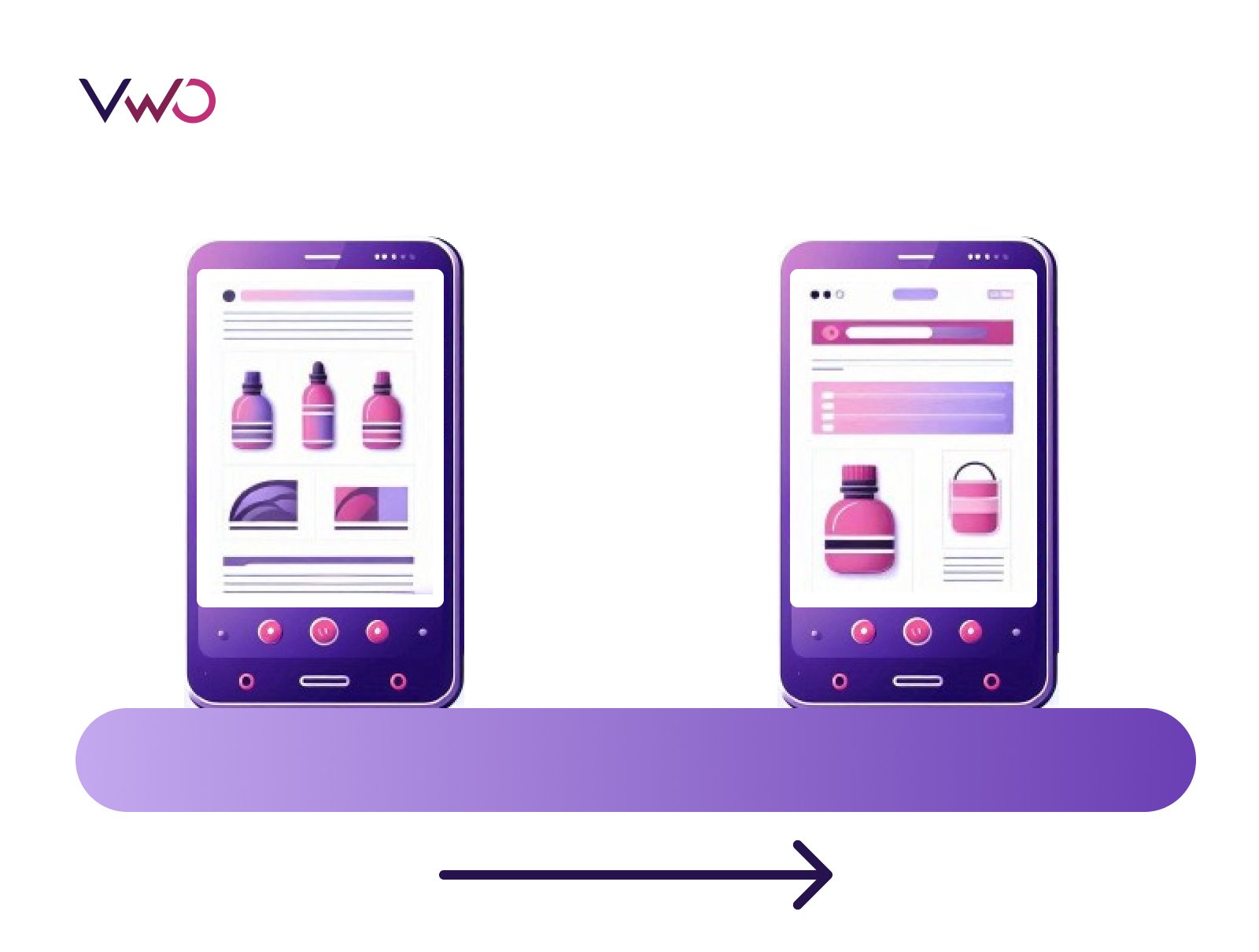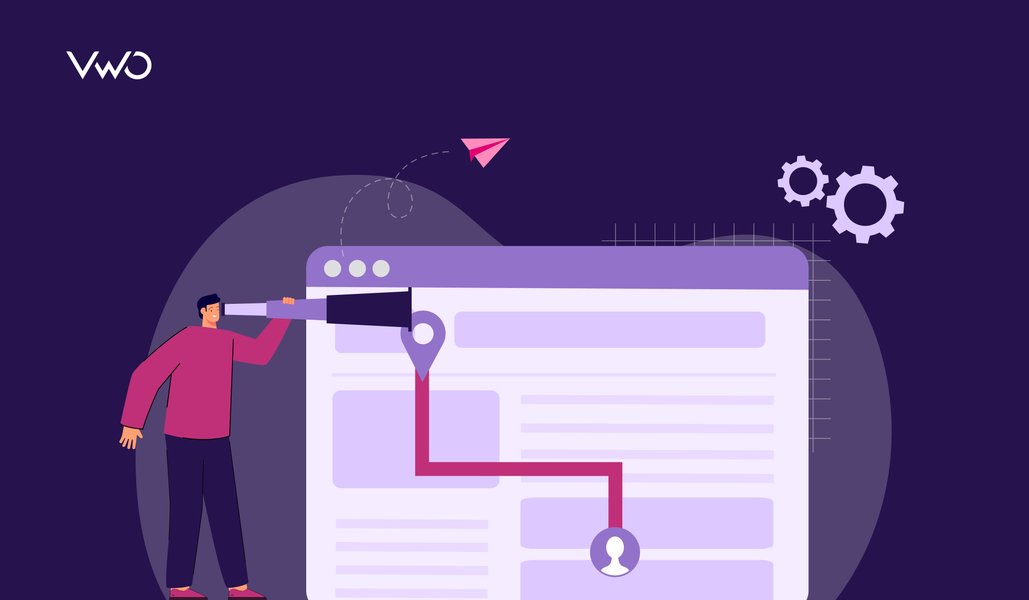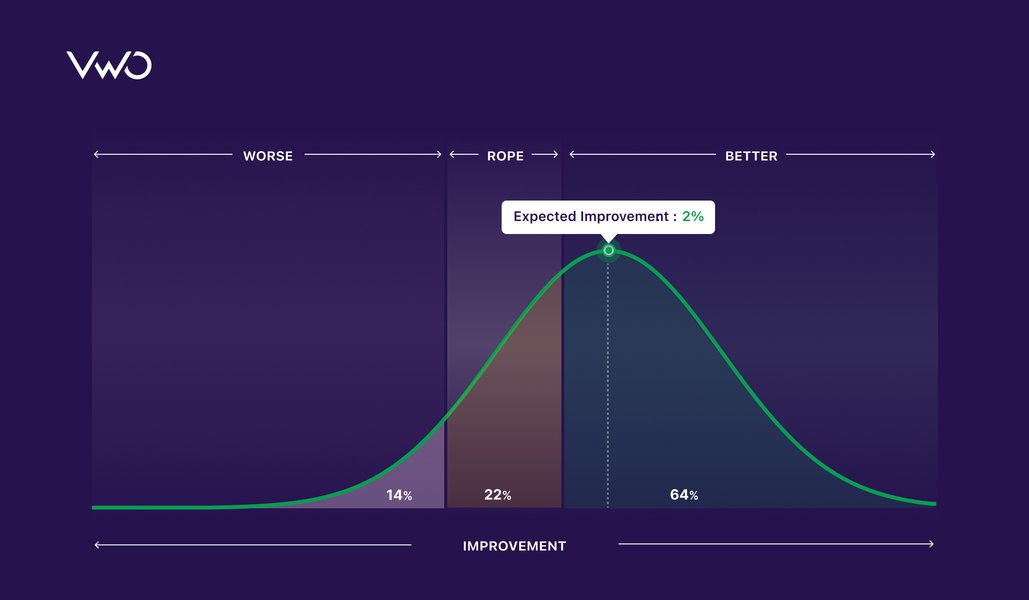Welcome to the sixth edition of ‘CRO Perspectives: Insights from Industry Thought-leaders’!
This series offers a front-row seat to the minds of the world’s leading CRO experts, delivering actionable insights to help you make smarter decisions for business success.
In this latest post, we’re excited to introduce Ilan Hurwitz, founder of Clever Conversions, a CRO agency based in Australia. Ilan’s story is full of valuable lessons, practical tips, and strategies that will challenge the way you think about CRO. Get ready to be inspired—this is one interview you won’t want to miss!

Leader: Ilan Hurwitz
Role: Founder at Clever Conversions
Location: Australia
Speaks about: Conversion optimization • eCommerce • Revenue & profit growth • Marketing Strategy • User Experience (UX)
Why should you read this interview?
Ilan Hurwitz, Founder of Clever Conversions in Australia, brings a wealth of expertise to the table, making this interview a must-read for anyone looking to elevate their eCommerce game. With over 15 years of experience in marketing and digital fields, Ilan and his team specialize in propelling Australian D2C Shopify businesses to new heights by boosting conversion rates.
Ilan focuses on critical areas like UX optimization, CRO, and analytics to drive profitable growth. His approach includes:
- UX and CRO audits: Delving into site analytics, usability, and conversion pathways with tools like GA4 Funnel Analysis, user research, and competitor benchmarking to uncover opportunities for improvement.
- Landing pages: Crafting high-impact, conversion-focused landing pages that outperform standard product pages.
- A/B Testing programs: Executing rigorous testing to refine strategies and optimize performance.
Discover how Ilan’s extensive experience and strategic insights can transform your eCommerce business.
Ilan’s professional journey over the years
I studied marketing and began my career as a go-to-market and product marketing manager at a large telecommunications company in Australia.
I later transitioned into digital roles as a senior eCommerce manager and digital product owner for a mobile app. During this period, part of my role involved CRO and I co-launched our company’s first mobile app A/B testing program.
I’ve always had a passion for entrepreneurship, and during this time, I had a few eCommerce side hustles, everything from selling Kindles on eBay to running an online football store.
I left my corporate role a few years ago and began consulting for eCommerce businesses. I quickly noticed that many were not using analytics or customer research to make decisions and to uncover growth opportunities.
As I started educating them on these aspects, I realized how much I enjoyed this work. I see it as similar to my previous marketing roles, where I combine qualitative and quantitative research to understand customers translating these into strategy and implementation plans that align with business KPIs.
This led me to establish Clever Conversion, an eCommerce agency dedicated to helping eCommerce brands grow their revenue and profits through effective CRO strategies. It’s been an exciting journey, and I love making a tangible impact on my clients’ businesses.
A standout experiment in Ilan’s CRO career
One example that comes to mind is a product page redesign. The client was open to investing in a proper process. I led the strategy and insights and collaborated closely with the design and development teams. It was a complete overhaul, a big swing test, and the results were fantastic. We saw a 46% increase in conversion rate and a 54% increase in revenue per session.

It’s rare to see lifts like that, but it shows what’s possible when you follow a structured process and take the time to do thorough research and strategy before diving into site changes.
Using user insights to strengthen your experiments
We always incorporate some form of voice of customer analysis when conducting a full audit.
Quantitative data from Google Analytics tells you what’s happening with your customers but not why.
Instead of guessing, just ask!
Surveys are beneficial in revealing the reasons behind customer behavior and identifying opportunities to enhance the onsite purchase experience. They also assist in generating new ideas for other business areas, such as product development and marketing.
Capturing insights varies from brand to brand. Post-purchase surveys are a fantastic place to start. The only thing to remember with post-purchase surveys is that there is a level of bias as the customer has purchased and knows your brand.

We also leverage AI for user research, such as review mining or analyzing customer service conversations. Emailing a survey to your existing customers is another effective and low-cost method of doing research.
What we also might do is conduct an online survey using tools where we survey non-customers. This can also be helpful when working on designs and prototypes -as you can quickly and easily get feedback within hours.
With VWO Surveys, you can create on-page surveys based on your goals, align them with your brand theme, and trigger them at the right time without interrupting the visitor experience. Our AI features will generate questions and summarize reports, helping you improve productivity and save time.
The impact of VWO on testing and optimization
A significant aspect of CRO involves encouraging an experimental mindset. I particularly like the VWO pricing model, which allows you to start for free. This removes a lot of friction and assists users in conducting their first test, which builds program momentum and shows CRO in action, which is often the best way to gain organizational buy-in.
The biggest experimentation mistakes businesses make
When starting a business, there’s often limited data and much of your success relies on achieving product-market fit with a growth marketing mindset. However, many businesses continue with this approach even as they scale, often overlooking available data sources to inform decisions (GA4 has not made this any easier!).
For larger businesses, the challenge is different. While plenty of data is available, the key issue is often political. Methodically gaining the support of key stakeholders is vital to ensure an engaging and effective testing process. Your program is only as good as the support and resources you have available for implementation.
Conversion rate and revenue per session are the top metrics for successful experiments. Tracking both is essential because a high conversion rate is only valuable if it contributes positively to the business’s revenue and profit.
AI and shifting consumer behaviors
From a CRO practitioner’s perspective, the use of AI is already proving beneficial in many ways.
AI can handle much of the manual work required for insights, allowing us to focus on tasks that AI can’t do, like understanding and translating data into new customer experiences.

I recently had a discussion with a CRO colleague about the need for a tool that uses AI to combine multiple data sources – such as analytics, heatmaps, and heuristic analysis – to generate recommendations. I don’t think we are too far off from a tool like this, where much of the heavy lifting during the research phase is cut down, allowing the marketer to focus on strategy and implementation.
From a customer experience perspective, I believe traditional websites as we know them will eventually disappear. We’re already observing how search is evolving, and it’s only a matter of time before these dynamic and conversational elements make their way into the website experience. I envision a purchasing experience where you start with your own chatbot that dynamically creates a personalized shopping experience.
How Australian companies are embracing CRO
Within large businesses with ample resources, there’s a high level of maturity in CRO and experimentation, especially in sectors like banking, telecom, and similar services. In the D2C space, many businesses are doing excellent work with various elements of CRO but I believe many are yet to unlock its full potential with a structured approach similar to what we’ve seen from some of our peers in Europe and the US.

Expert tips on mastering experimentation
Test when you can and validate when you cannot. Some data is better than no data. There’s always a way to validate. The hierarchy of evidence concept is a great way to approach a decision.
Seek feedback from multiple sources – I often tell people to walk around and show their site to random people. You’d be surprised at what you uncover! We all have blind spots in our business.
Respect the craft – design, UX, and development are specialist tasks. Trust the experts in these fields to help bring your vision to life.
And I can’t finish without mentioning AI. We use it in all our workflows, and it’s getting better every week. I don’t think it’s an understatement to say that modern marketers must have AI in their toolkit to be successful.
Conclusion
We hope you’ve learned significantly from Ilan Hurwitz’s expertise in eCommerce optimization!
If you’re ready to put these ideas into action, VWO can play a key role in helping you achieve that objective.
VWO offers a suite of features, including behavior analytics, advanced testing, and project management, all geared toward scaling your optimization strategies. Request a demo now, and our sales team will guide you through our key features to help you achieve your goals.
Ilan also appeared in one of the episodes of our CRO Wizards series by VWO Podcast. Check it out for more insights.






















